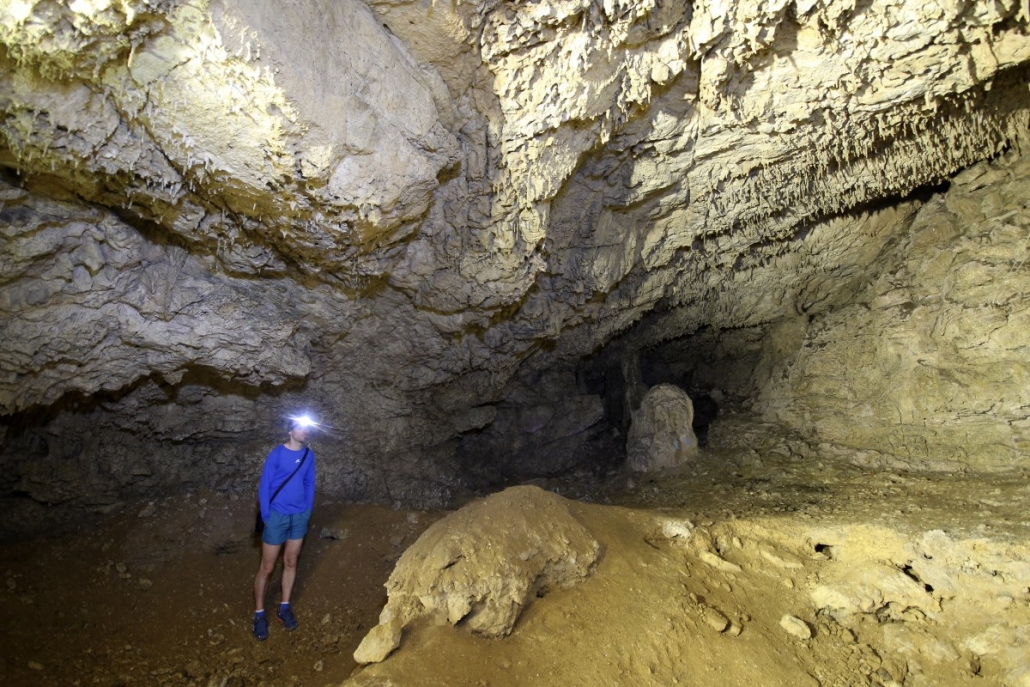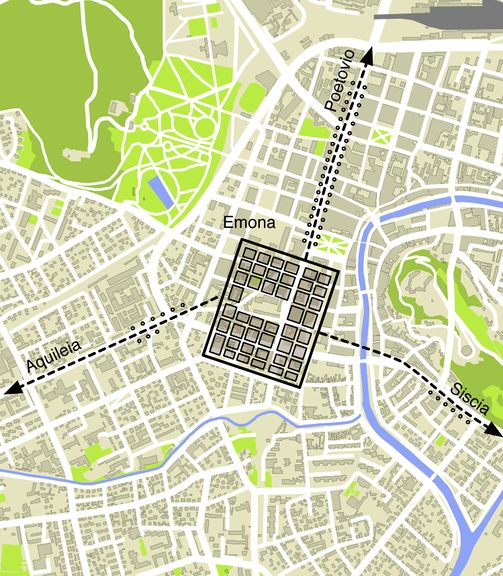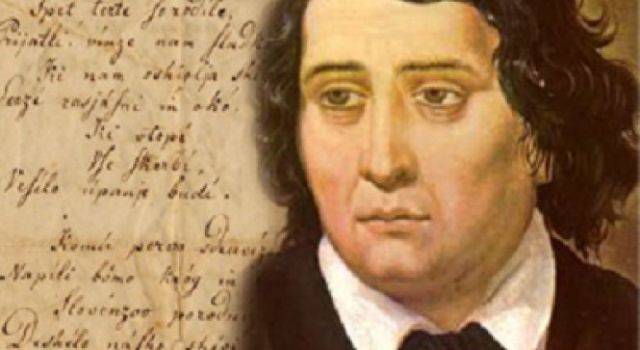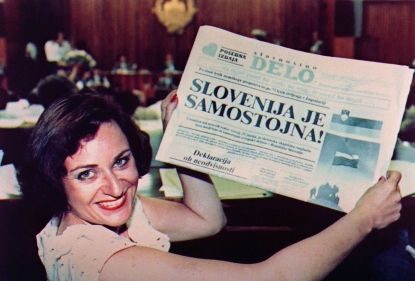![]() Publier en Slovenia - Divertissement - 14 Jun 2024 12:45 - 4
Publier en Slovenia - Divertissement - 14 Jun 2024 12:45 - 4
Hallå där med krigare! Hej fantje!
It's me Pony Stark back with another tale about a nation of eDominacy. Today we are going to learn a bit about Slovenia!
A central European country, Slovenia is currently a landlock nation situated inside Croatia. However it manages to be the no. 14 of global population, 114 residing at the moment at its soil.
Patrioti is the biggest Slovenian MU, consisting of 21 members, being the 33rd largest military unit in game. On the contrary, it boasts 22nd position on group damage, making it a compact national army. It seems that Slovenian people want to live in peace, as no other MU appears to be active as of now.
A factor of democracy is also absent, only one newspaper appears to be active in the country, NapoleonNews by Napoleon, which is actually Greek.
Another clue that Slovenia is a country that loves to spent time on sports, chef reality shows and porn, is that no Slovenian appears to be present on the top100 of the global warriors list. President liticity is no. 110 He is the most decorated citizen, both on land and sea, being Major General and Rear Admiral Lower Half *respectively
The top 5 personalities originating from Slovenia is, along with the President liticity, Trouble_boy, Troter, zbratuse, and Total Shit, ranging from 380 to 600 global rank. On the contrary, Slovenia is the 20th best nation in terms of global firepower.
Politically, Slovenia's biggest party, Stranka za napredek in razvoj, also the 29th biggest party in the world. At least, Slovenians involve themselves in making Slovenia great.
After researching, it appears that Slovenia is in a state of siege. A country with no MPP and no allies helping, it manages to exist in a very troubled area. A big problem for a nation that wants to thrive and progress.
After researching, it appears that Slovenia is in a state of siege. A country with no MPP and no allies helping, it manages to exist in a very troubled area. A big problem for a nation that wants to thrive and progress.
Apart from warfare and military history, Slovenia is a very interesting country with intriguing history.
Slovenia, nestled in the heart of Europe, is a small country with a grand history that stretches back to prehistoric times. This picturesque nation, known for its lush landscapes and vibrant culture, boasts a tapestry of historical events that have shaped its identity. From ancient civilizations to modern independence, Slovenia's historical journey is as diverse as its natural beauty.
Ancient Beginnings
The earliest traces of human habitation in Slovenia date back to the Paleolithic era, with the discovery of Neanderthal bones and tools in the Divje Babe cave, believed to be around 50,000 years old. This cave also yielded the world's oldest known musical instrument, a flute made from a bear's femur, highlighting early human creativity and cultural expression.
During the Bronze Age, the region saw the rise of the Urnfield culture, characterized by its unique burial practices involving cremation and urn burials. The Hallstatt culture, a Celtic civilization, later emerged around 800 BC, leaving behind significant archaeological finds, including richly decorated pottery and jewelry.

Roman Influence
By the 1st century BC, the territory of present-day Slovenia became part of the Roman Empire. The Romans established several important towns, such as Emona (modern-day Ljubljana), Poetovio (Ptuj), and Celeia (Celje). These settlements became vital centers of trade, culture, and military strategy.
Emona, founded in 14 AD, was a significant Roman city with well-developed infrastructure, including forums, baths, and temples. The remnants of Roman architecture can still be seen in Ljubljana today, reflecting the lasting impact of Roman rule on Slovenian culture and urban development.

The Medieval Era
The fall of the Western Roman Empire in the 5th century AD led to a period of migration and turmoil. Slavic tribes began settling in the region during the 6th century, laying the foundation for the future Slovenian nation. By the 7th century, the Slavs had established the principality of Carantania, one of the earliest known Slavic states.
Carantania eventually became part of the Carolingian Empire in the 8th century, and the process of Christianization began under the influence of the Franks. The principality retained a degree of autonomy, with its own duke and a unique form of governance, including the ritual of the "installation of the dukes" on the Prince's Stone, a practice that symbolized the continuity of leadership and tradition.

Habsburg Rule
In the late medieval period, the Habsburg dynasty gained control over Slovenian lands, marking the beginning of centuries-long rule that would profoundly shape the region's political and cultural landscape. The Habsburgs incorporated the Slovenian territories into their empire, leading to increased German influence and the spread of the Reformation.
Despite foreign dominance, the Slovenian people preserved their language and cultural identity. The 16th century saw the rise of the Slovenian Reformation, spearheaded by Primož Trubar, who published the first books in the Slovenian language, including a translation of the New Testament. This period was crucial for the development of Slovenian literary and national consciousness.
Struggle for Independence
The 19th century brought significant changes to Europe, including the rise of nationalism. The Slovenian national movement sought greater cultural and political rights within the Austro-Hungarian Empire. Intellectuals like France Prešeren, whose poetry is considered the cornerstone of Slovenian literature, played a pivotal role in awakening national awareness.
The collapse of the Austro-Hungarian Empire at the end of World War I led to the formation of the State of Slovenes, Croats, and Serbs, which soon merged with the Kingdom of Serbia to form the Kingdom of Serbs, Croats, and Slovenes (later Yugoslavia). Slovenes enjoyed a degree of autonomy within this new state, but tensions persisted due to centralizing tendencies and ethnic diversity.

World War II and the Socialist Era
World War II was a turbulent period for Slovenia, as it was occupied by Axis powers and divided between Germany, Italy, and Hungary. The Slovenian resistance movement, part of the broader Yugoslav Partisans led by Josip Broz Tito, played a significant role in the struggle against occupation.
After the war, Slovenia became a republic within the Socialist Federal Republic of Yugoslavia. The socialist era saw significant industrialization and modernization, but also political repression and economic challenges. Despite this, Slovenia maintained a relatively high standard of living and a distinct cultural identity.

Independence and Modern Slovenia
The dissolution of Yugoslavia in the early 1990s paved the way for Slovenia's independence. On June 25, 1991, Slovenia declared independence, leading to a brief ten-day war with the Yugoslav People's Army. The conflict ended with Slovenia's victory and subsequent international recognition as an independent state.
Since then, Slovenia has made remarkable strides, joining the European Union and NATO in 2004 and adopting the euro in 2007. Today, Slovenia is known for its stable economy, vibrant democracy, and commitment to environmental sustainability.

That's all folks! I hope you liked another article, helping you to get to know some information about the countries around the world. If you read it and you liked it, vote, subscribe and wait for the next one!
Until the next,

Donner
El_TarloPentitoCommentaires (4)

v2s30

“After researching, it appears that Slovenia is in a state of siege. A country with no MPP and no allies helping, it manages to exist in a very troubled area. A big problem for a nation that wants to thrive and progress.”
Well if you rly did research you would know that this is bad propaganda and that we are in constant talks and more…

DoW cro, DoW NOW !!!

Manga, it's not propaganda, and saying "a state of siege" I don't mean Croatia sieges Slovenia. I mean that geopolitically, being landlocked to one country with no way expanding or interacting with, crumbles the state. Slovenia is in a limbo, and the military aspect is the least of it (no newspapers, no society, no strength etc) plus, Slovenia is not the only one in this state. many other countries, including countries bordering Sweden, is in the same fate. I am analyzing every state in a neutral point of view, it wasn't my intention of insulting Croatia being a bully state or something.


